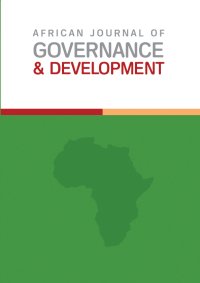Rural Women and the COVID-19 Pandemic in Ogun State, Nigeria: An Empirical Study
Main Article Content
Abstract
The dynamics of COVID-19 were sudden, unexpected, and unprepared for by Nigeriancitizens and worldwide. This paper examines the experience of rural women in the Iboguncommunity, Ogun State, Nigeria, and their perspectives on the COVID-19 pandemic. Thestudy utilised both primary and secondary data sources. Seventy-seven (77) copies ofquestionnaires were administered using a purposive sampling technique. The StatisticalPackage for Social Sciences (IBM SPSS Statistics 25) was used to analyse collected data.Findings revealed that the Ibogun community's rural women have adjusted and adaptedto the mitigating rules and directives of government towards containing the spread of theCOVID-19 pandemic. Results further showed that there had been no occurrence of risk andexposure to the COVID-19 disease in the Ibogun community, which is due to strongadherence to the mitigation rules. It is also noted that government presence in providingsupportive items or access to those items was problematic. Furthermore, the lockdown,social distancing and use of facemask were difficult for women in the community to adhereto strictly. The inferential analysis revealed a significant relationship between income andcompliance with coronavirus pandemic and lockdown measures. Finally, policy andplanning implications are provided with recommendations for improved intervention
Article Details

This work is licensed under a Creative Commons Attribution-NonCommercial-NoDerivatives 4.0 International License.
